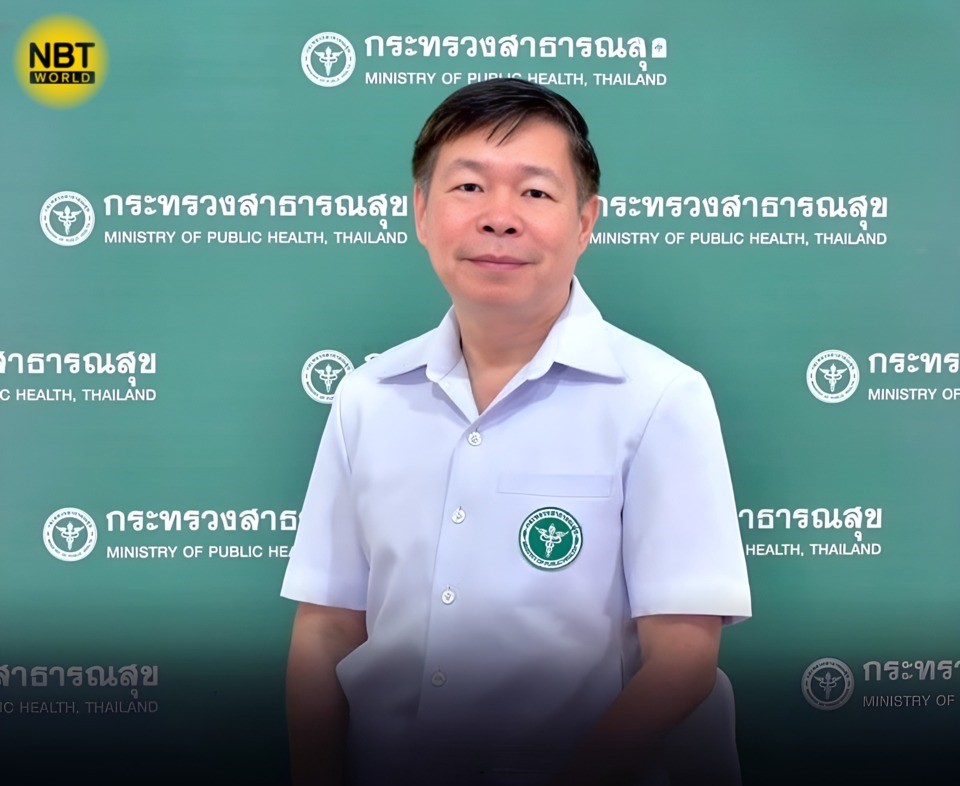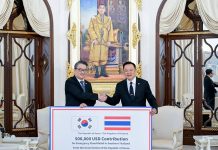
BANGKOK, Thailand – The government, through the Public Health Ministry, has addressed concerns about cross-border migrants accessing healthcare services, reaffirming its commitment to providing care for all individuals within its borders. This approach adheres to legal and human rights principles regardless of nationality, religion, or legal status. To support this policy, various funds and international partnerships have been established to subsidize healthcare costs and ensure system sustainability.
Permanent Secretary for Public Health Dr. Montien Kanasawad outlined a three-tier framework for non-Thai nationals accessing healthcare. The first group includes individuals covered under the Health Insurance Fund for Individuals with Status and Rights Issues, supported by government allocations. The second group involves legally registered migrant workers with valid work permits who are eligible for medical care, maternity benefits, and retirement support.
The third group covers migrant workers and their dependents from Laos, Myanmar, and Cambodia, insured under the Health Insurance Fund for Foreigners and Migrant Workers if not part of the social security system.
Non-Thai nationals without coverage under these schemes are required to pay for healthcare services. For those unable to afford care, providers may offer humanitarian assistance, with partial support from international organizations, to manage unpaid expenses and ensure access to essential services.
Thailand continues to balance humanitarian values with practical policies to maintain a sustainable healthcare system. International partnerships play a crucial role in offsetting healthcare costs for non-Thai populations, promoting equitable access and efficient resource management. (NNT)










